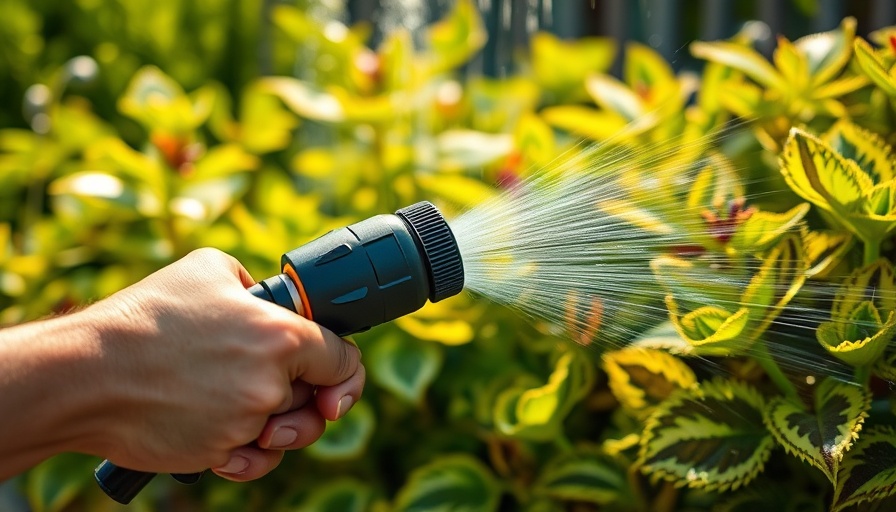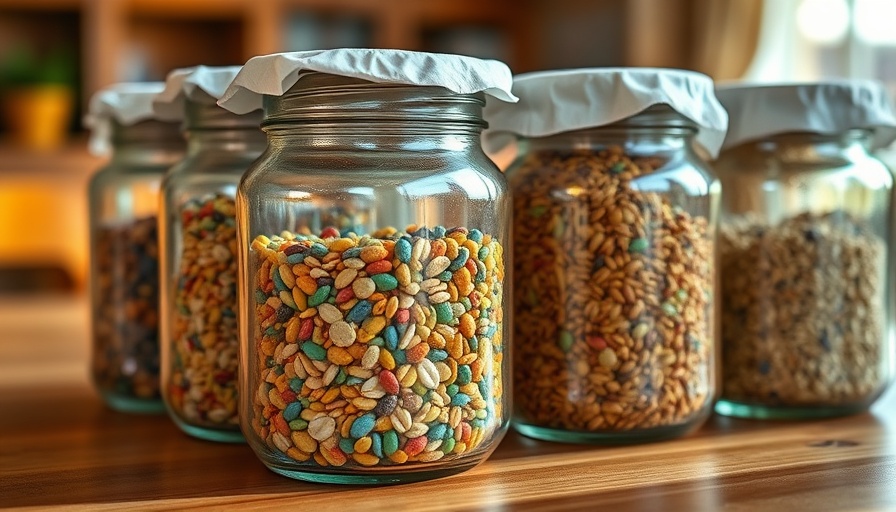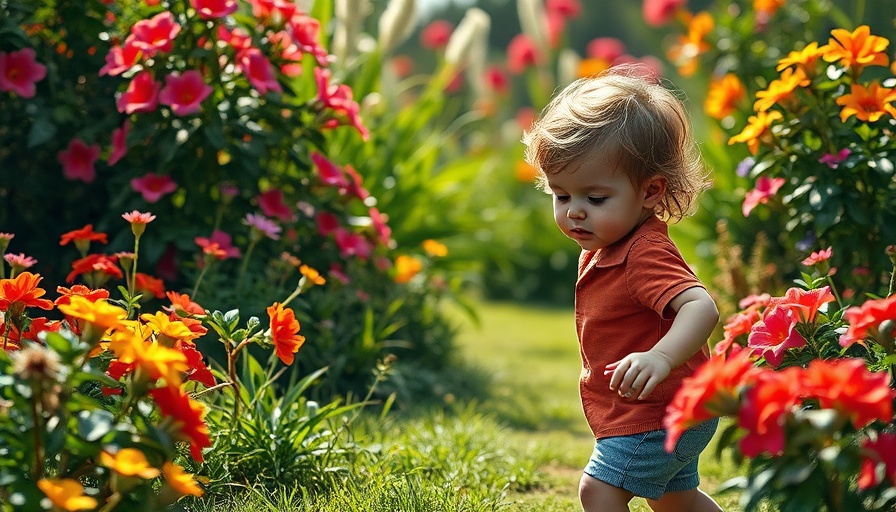
Optimizing Water Usage in Your Outdoor Garden
In a world increasingly affected by climate change, gardeners have a pivotal role in conserving water resources. Particularly in places like Vancouver, where the water supply is threatened, adopting water-efficient practices has never been more critical. Here are some engaging ways to reduce water usage in your garden while maintaining vibrant plant life.
Transform Your Lawn and Landscape
One of the primary culprits of excessive water consumption is traditional lawns. Replace thirsty grass with native, drought-resistant plants or low-maintenance ground covers like micro clover. This not only offers a greener landscape but also supports local wildlife. Moreover, implementing xeriscaping principles can significantly reduce your water dependency.
Smart Water Collection Techniques
Rainwater harvesting is a smart move for any gardener. Capturing storm runoff not only provides a sustainable water source for irrigation but also reduces the risk of flooding. Simple technologies like rain barrels can be easily set up to collect rainwater from your roof, offering an excellent eco-friendly option for garden hydration.
Innovative Irrigation Systems
Explore using ollas or wicking beds as part of your watering strategy. These systems ensure that water is delivered directly to the roots of your plants, minimizing evaporation. Olla watering systems consist of unglazed clay pots buried in the soil, allowing moisture to seep out gradually. Similarly, wicking beds use a capillary action to keep the planting medium consistently moist without wasting water.
Practical Tips for Water Conservation
Being mindful of your watering habits can drastically improve your overall water efficiency. Consider hand watering your plants, as this allows you to be in tune with their specific hydration needs. Additionally, using mulch in your garden beds helps retain moisture, suppress weeds, and maintain a stable soil temperature.
Make Your Garden Thrive Sustainably
Embracing sustainable practices in gardening is not just beneficial for the environment; it can also lead to healthier, more robust plants. As gardeners, our commitment to resource conservation can create a ripple effect, influencing others in our community to take similar steps toward water sustainability.
Taking action to reduce your water usage while gardening is more than just a necessity—it's an opportunity to contribute to a healthier planet. Join the movement towards eco-friendly gardening practices and watch your outdoor garden flourish!
 Add Row
Add Row  Add
Add 




Write A Comment